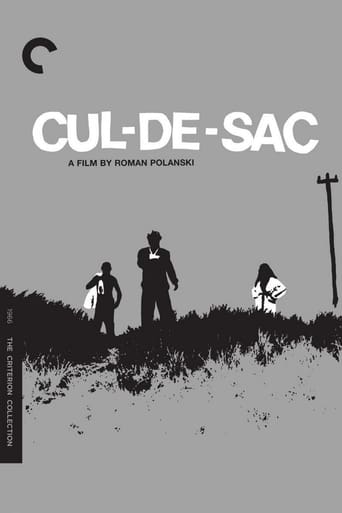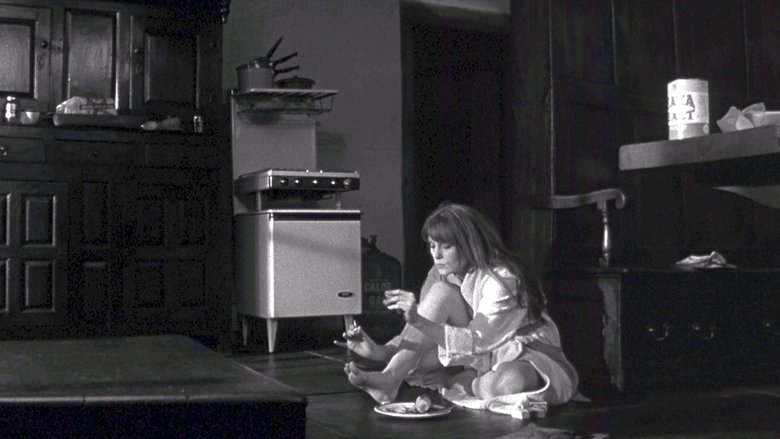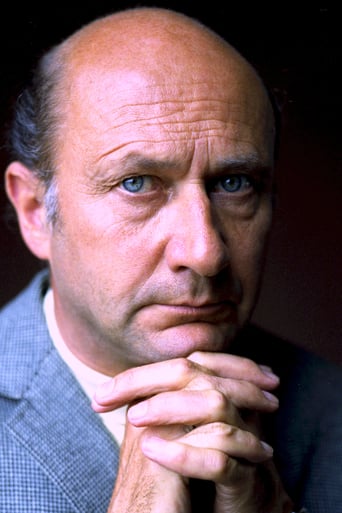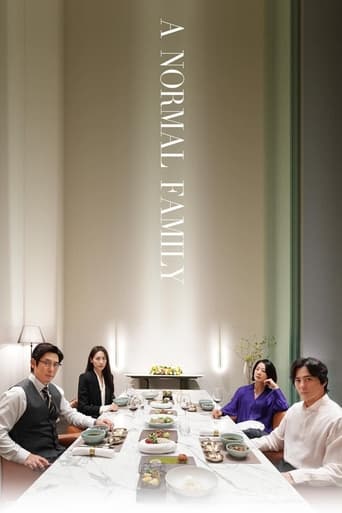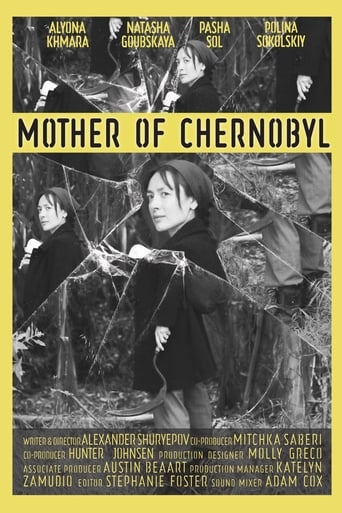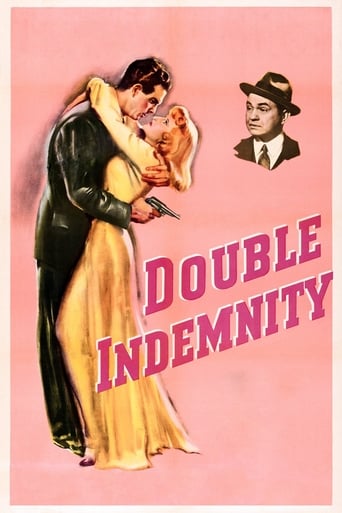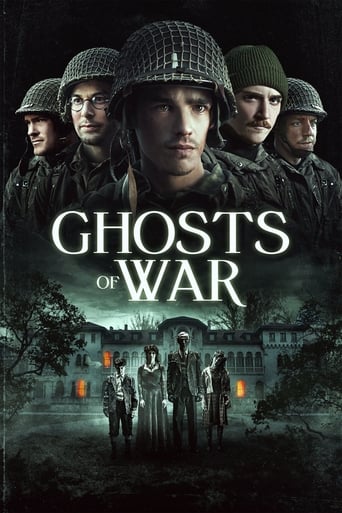Cul-de-sac (1966)
A wounded criminal and his dying partner take refuge at an old beachfront fortress. The owner of the fortress and his young wife, initially unwilling hosts, quickly experience their relationship with the criminal shift in a humorous and bizarre fashion.
Watch Trailer
Cast
Similar titles
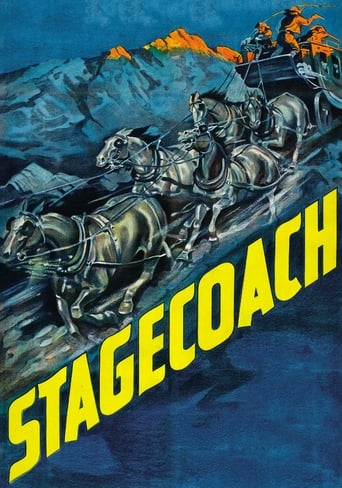
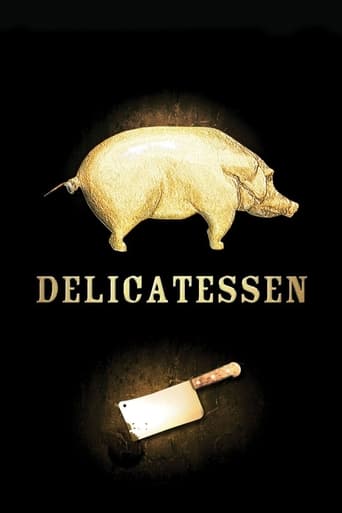

Reviews
Fresh and Exciting
A movie that not only functions as a solid scarefest but a razor-sharp satire.
It’s not bad or unwatchable but despite the amplitude of the spectacle, the end result is underwhelming.
Great story, amazing characters, superb action, enthralling cinematography. Yes, this is something I am glad I spent money on.
CUL-DE-SAC is a psychological comic thriller as an unusual set of surreal circumstances in a realistic landscape. The characters are trapped in a confusing context, which is made up of a mafia, art, promiscuity and perversions. The story is peppered with all sorts of antics, but it is not unpleasant. The plots are inconclusive, but its are enriched with a huge dose of black humor.A neurotic and effeminate middle-aged Englishman named George lives with his promiscuous young French wife Teresa in a dark castle on a hilltop. Two gangsters, after the unexpected upward tide, invade their messy home and hold them as hostage. Teresa is mad at her timid husband, who does not take any action on the bandits. Gangsters are starting to behave a bit eccentric, while waiting for help from his boss. Uninvited guests come to a visit. Simply, someone has to "boil over"...Mr. Polanski, in this film, covers topics such as the alienation and a latent madness, which are closely related to a sexual activity. He has managed to replace an emotional void in this film with a combination of black humor, crime and perversion. The characterization is not bad. Donald Pleasence as George is a kinky and fun husband who has his grotesque moments in this film. He is a man who feels comfortable in a transparent nightgown but he, with a huge dose of disgust, takes a gun in his hand. That is a phenomenal paradox of the situation in the world. His cowardice is ambiguous, because, despite everything, he wants to return a harmonious relation in his home. Lionel Stander as Dickey, through his gangster attitude, distinctive voice and eccentric behavior enjoys the general madness. Françoise Dorléac as Teresa is a beautiful, attractive and nude factor of confusion between George and Dickey.Mr. Polanski has skillfully managed to balance all segments in this film, but this story still reminds me to a sexy morbid joke.
I am a big Polanski fan and finally got around to watching this early movie of his. It appears to be low budget, but nicely shot, nonetheless. I love the environments he creates, and this wonderful castle used for the location is the most alive thing in the movie (if it hadn't been used for some slapstick comedy and thus falling apart). Some of the acting is reasonable (Jacqueline Bisset in an early, but non-speaking role, alas, is the most interesting thing, really; wish there was more of her or she had lines). Even with the few good things I listed, the movie misses on almost all cylinders, even though Polanski attempts, and almost succeeds, in making an old plot into something new, and into a black comedy as well (although it really is a rather 'gray' black comedy). It is a character study but they are all so distasteful that that fails. A very irritating movie, overall, due to the characters. I guess Polanski is a human director, after all! It could not be further from his other movies. The tragic murder of his wife, Sharon Tate, plus his later legal problems, have not happened by this release, so no obvious excuse for this self-indulgent film.
Cul-de-sac, like Polanski's first movie, is a movie about human relationships. In fact one could find many similarities between this movie and Knife In The Water. Dickie, a wounded criminal takes his dying partner, Albie, to a nearby castle and makes the two occupants hostages. Albie dies and Dickie has to wait for his boss, the mysterious Kateblbach, to come and rescue him. The tide has come up and the castle is currently unaccessible. So he has to spend the night with the couple, George and Teresa, waiting for rescue.In an ordinary movie, this could lead to a tense, suspenseful situation. But in Polanski's hands it becomes a study about human existence and the unpredictability of human behavior. For starters, there's no hero in this movie - George is a coward unable to take a stand; Teresa, disgusted by him, starts to get closer to Dickie. Dickie is a brute but he's hardly a monster: so long as people do as he says, he's alright with everyone. Many humorous and absurd situations arise from this relationship, as George and Dickie engage in conversations by the beach while Teresa bathes; or when Teresa, instead of running away, goes to Dickie to have a drink of vodka with him. People who expect their movie characters to behave in certain ways may be surprised, baffled or infuriated by this trio.My favorite part of the movie is when guests unexpected arrive at the castle and the couple and Dickie have to pretend he's their gardener. With the tables inverted, Teresa proceeds to abuse Dickie as much as possible. One can easily see the hatred and tension boiling inside Dickie as he struggles to keep up appearances.The tree main actors are quite good in this movie - Françoise Dorléac, Lion Stander, and especially Donald Pleasance as George. For me he had the most difficult and courageous role in the movie, that of playing a weak-willed, cowardly man who tolerates abuse after abuse. Such frailty is rare in cinema since it's not very appealing, but unusual as it may be it strikes a chord for how familiar it is.Once again I'm marveled at how Polanski manages to create a movie out of so little resources: a castle, three actors, and what else? Just clever writing, good camera work and imagination. Although Polanski has done better movies, Cul-de-sac has an undefinable quality that grips the viewer's mind and doesn't let go.
Somehow Roman Polanski's Cul-de-Sac (= French for 'dead end street') sticks to the mind.I suppose this is due to the unique & perfect mix of its devilish plot, its setting in a desolate seaside landscape, and the slight eccentricity of the castle's landlord.Add to it the great roles of the surviving gangster, and that of the landlord's young French wife -- a former prostitute.These three main characters connect convincingly with each other, all the way down to Cul-de-Sac's final credits. Which is quite impressive, given the enduring high-pressure tension in this film's bottom line.The black and white picturing seems to be OK, too. One feels that the use of color is needless here, and would only distract unnecessarily.About a year after its completion, Cul-de-Sac's devilish mood of impending doom was revived by the fate of female lead Francoise Dorleac. She died in a car accident.
